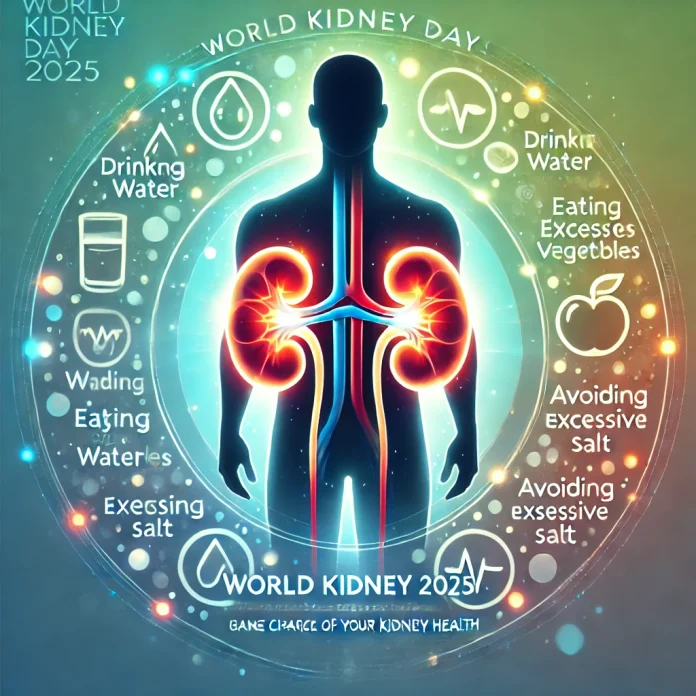Maintaining kidney health is essential for overall well-being. Here are some simple ways to assess your kidney function at home:
Your urine can be the first indicator of kidney health. If you are urinating normally without any discomfort, excessive frequency, or drastic changes in urine color, it is a good sign that your kidneys are functioning well. However, dark-colored urine, excessive or reduced urination, or foamy urine may indicate kidney issues.
A healthy kidney effectively removes excess fluids from the body. If you do not experience swelling in areas like the eyes, ankles, legs, or lower body, it means your kidneys are working properly. Swelling or puffiness can be a sign of kidney dysfunction due to fluid retention.
Kidney problems can disrupt sleep, leading to restlessness or insomnia. If you experience sound and uninterrupted sleep, it suggests that your kidneys are functioning well. Disturbed sleep patterns can sometimes be linked to kidney-related issues.
Frequent muscle cramps, spasms, or unexplained pain could be signs of kidney disease, as improper kidney function can lead to electrolyte imbalances. If your muscles remain relaxed and pain-free, it indicates healthy kidney function.
Your skin’s condition can reflect your kidney health. If your skin is clear, smooth, and free of dryness or itching, it suggests proper kidney function. Kidney dysfunction can lead to toxin buildup, causing skin problems like dryness, itching, and irritation.
By keeping an eye on these simple health indicators, you can take proactive steps to maintain healthy kidneys. However, if you notice any unusual symptoms, it’s best to consult a doctor for further evaluation.









